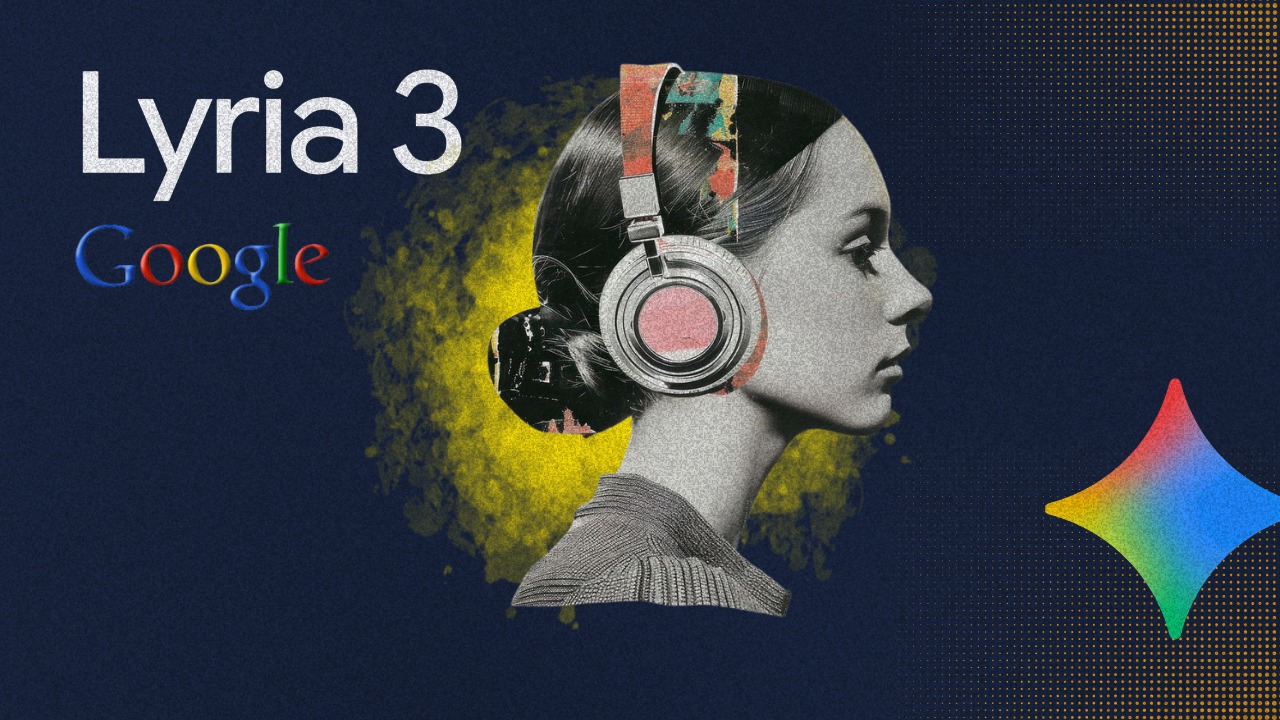
Welcome, Humans!
Ready for your daily dose of AI chaos? I’ve rounded up Today’s Top AI Headlines for those who like to stay ahead – and for the curious, I’ve got some eyebrow-raising stories Beyond the Headlines. Let’s dive in.
In a Nutshell:
Replit hits $3B and ships 200-min AI coder
Spotify alums launch Oboe for learning prompts
Reddit and Yahoo push new AI content protocol
Oracle stock rockets past Musk’s fortune (briefly)
Altman suspects bots, humans now sound alike
🚀Today’s Top AI Headlines:

Replit Triples Valuation, Launches Agent 3: Coding platform Replit has raised $250 million in fresh funding, tripling its valuation to $3 billion. The announcement coincided with the launch of Agent 3, its most advanced coding assistant yet. Agent 3 can autonomously build, test, and refine applications for up to 200 minutes without human intervention. This level of autonomy allows it to go beyond code snippets, handling multi-file projects and iterative debugging in real time. Replit says Agent 3 marks a major milestone in its mission to democratize software creation by enabling anyone, from hobbyists to enterprise developers, to launch applications faster and with fewer barriers. The tool integrates directly into Replit’s development environment, letting users start with a simple prompt and receive production-ready applications. Early testers highlight its ability to handle full-stack projects, from frontend design to backend integration. The funding round was led by existing backers, with new strategic investors betting on the rise of agentic AI development. Analysts suggest Replit’s combination of developer tools, community-driven coding, and now long-running autonomous agents positions it as a key competitor in the AI programming race against GitHub Copilot, Anthropic’s Claude Code, and OpenAI’s Codex.
Source: Replit🤖 Robi: “Finally, an intern that won’t eat all your snacks or ask for equity.”
Oboe: Spotify Alums Launch AI Learning App: Former Spotify executives have launched Oboe, an AI-powered learning platform that personalizes education through agent-driven content creation. Unlike traditional e-learning apps, Oboe builds custom learning courses from prompts, drawing on podcasts, lectures, videos, and visual media. Users can, for example, ask for a course on “introductory economics using podcasts and infographics,” and Oboe will assemble a curriculum tailored to their request. The platform leverages AI agents to analyze multimedia content, generate interactive exercises, and track learner progress. Its creators say the goal is to combine Spotify-style personalization with the rigor of structured education. Early access users note that the system adapts quickly, adjusting difficulty and content types based on performance. By focusing on modular, prompt-based learning, Oboe is entering the crowded edtech market with a unique angle: transforming passive consumption into active learning. Industry observers say the app’s roots in media curation give it an advantage, as it can convert the vast supply of digital content into tailored courses. With growing demand for reskilling and upskilling, Oboe could become a disruptive force in personalized education, blending entertainment and instruction into a seamless experience.
Source: Product Hunt🤖 Robi: “Great, now even my playlists are trying to teach me statistics.”
Web Publishers Launch RSL for AI Content Licensing: Major web publishers, including Reddit, Yahoo, and Medium, have introduced a new protocol called RSL (Rights and Signals License) to regulate and monetize the use of online content in AI training. Modeled on the collective licensing systems used in the music industry, RSL provides a framework for publishers to signal usage rights and receive compensation when AI companies scrape and train on their data. The initiative comes amid growing tension between publishers and AI firms over unauthorized use of digital content. Publishers argue that their work underpins much of the training data used by LLMs, yet they see no share of the revenue. By uniting under RSL, they hope to set enforceable standards and negotiate better deals collectively. For AI developers, RSL offers clarity and potential legal safeguards, creating a formal path to access high-quality datasets. Analysts believe the move could reshape AI content economics, similar to how ASCAP and BMI transformed music licensing. While challenges remain, especially around global adoption, RSL represents a significant step toward balancing the interests of publishers, creators, and AI labs in the rapidly evolving generative AI economy.
Source: Globe News
🤖 Robi: “And just like that, Larry unlocked Elon Mode on the leaderboard.”
🔍Beyond the Headlines:
Ellison Tops Musk (Briefly) After Oracle’s OpenAI Deal: Larry Ellison, cofounder of Oracle, briefly surpassed Elon Musk as the world’s richest person after Oracle’s stock surged 40% in a single day. The rally followed news of Oracle’s $300 billion partnership with OpenAI, which will see its cloud division power future OpenAI workloads. Ellison’s net worth jumped by $101 billion, putting him temporarily ahead of Musk before Tesla stock clawed back the lead. The moment underscores how deeply AI partnerships are influencing tech valuations. Analysts say Oracle’s bet on AI cloud services has revitalized its growth narrative, giving Ellison newfound leverage in the billionaire rankings.
Source: BloomBerg🤖 Robi: “Somewhere, Napster just had a nostalgic nosebleed.”
Sam Altman Says Bots Are Making Social Media Feel ‘Fake’: Sam Altman, CEO of OpenAI and a shareholder in Reddit, posted a candid reflection on X about how bots are blurring the line between real and fake social media content. He cited his experience reading the r/Claudecode subreddit, where posts praising OpenAI’s Codex felt suspiciously repetitive. Altman speculated that real users may be adopting “LLM-speak” quirks, while actual bots and corporate astroturfing mix in, making authenticity impossible to parse. Altman described it as the “strangest experience,” admitting he now assumes many posts are fake, even when trends are genuine. His remarks highlight a growing anxiety: humans are beginning to sound like the AIs built to imitate them, creating a feedback loop that makes
🤖Prompt of the Day:
Business Continuity Plan
Prompt: You are a business resilience consultant specializing in continuity planning. Your task is to create a continuity plan for a [business type or niche] vulnerable to [risks such as supply chain disruption, cyberattacks].
Your framework should include: (1) risk scenario analysis, (2) business impact assessment, (3) backup and redundancy planning, (4) emergency communication protocols, (5) recovery and restart procedures, and (6) KPIs such as recovery time objective (RTO), recovery point objective (RPO), and resilience readiness scores.
🤖AI Tools You Didn’t Know You Needed:
Problem: Managing thoughts, ideas, and mental clarity manually can be challenging and unstructured.
AI Solution: AI-powered mental organization tools help users capture, organize, and analyze thoughts efficiently, improving focus and productivity.
AI Tool: YouMind is an AI-driven platform that assists users in managing ideas, planning tasks, and reflecting on mental processes to enhance clarity and decision-making.
Helpful Features
Idea Capture: Quickly record and store thoughts.
Organization Tools: Structure ideas and tasks effectively.
Analysis & Insights: AI provides suggestions to improve focus.
Reflection: Track progress and mental clarity over time.

⚡ Robi’s Hot Take on X






